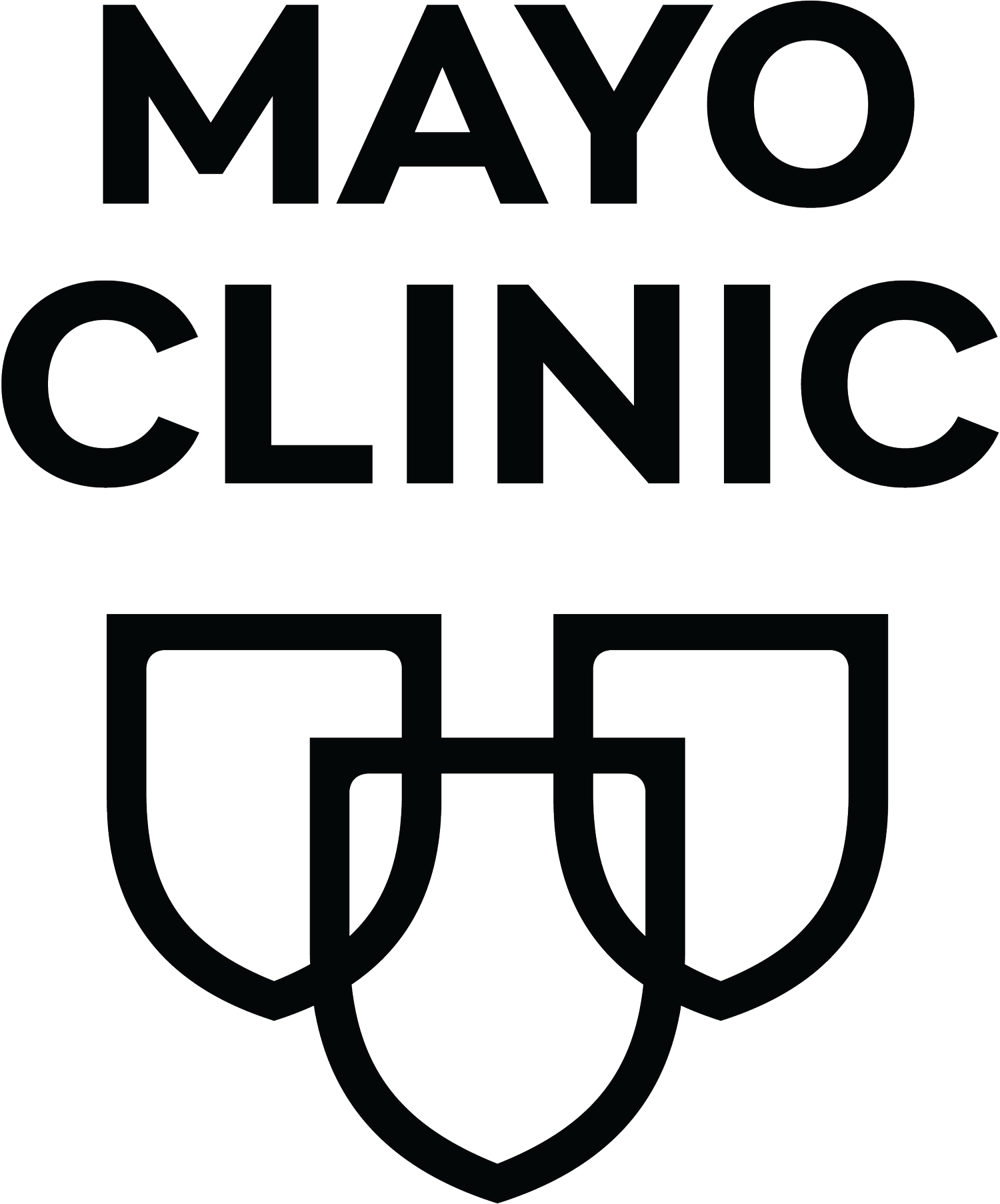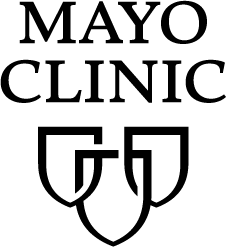Heart to Heart Healthcare: Building Trust to Connect with Patients Experiencing Homelessness
In healthcare, building trust and connection with patients is crucial to delivering safe, quality care.
When it comes to providing care for people facing hardships such as homelessness, it becomes especially important, since they may find it challenging to trust that they are in good hands. Mayo experts say people experiencing homelessness may feel that they are looked down on or less than equal in their healthcare encounters.
The key to building trust and bridging gaps in care is to offer medical guidance with understanding and compassion.
"It only takes a few minutes to listen, reflect, and empathize," says Jen Packard, senior adviser with Experience Training, Education and Coaching. "Trust is crucial, not just with patients experiencing homelessness, but all patients. Being present and intentional with patients encourages meaningful conversations beyond treatment and diagnosis."
Packard's team has partnered with Mayo Clinic emergency medicine physicians to create a reference guide, Interpersonal Skills for Street Medicine, that promotes communication strategies for care teams to more effectively connect with patients from all backgrounds.
The guide encourages staff to apply these principles to providing care with compassion:
Unconditional positive regard: Treat each patient with respect, acceptance and support.
Empathic perspective-taking: Genuinely listen to words and body language, monitor verbal and physical responses, and try putting yourself in the patient's shoes.
Setting clear limits and expectations: Communicate what you can and cannot do for the patient.
Street Medicine program meets patients where they are
Staff and students who participate in the Street Medicine program know the importance of building trust firsthand.
Street Medicine is an educational and service opportunity launched in 2021 by the Zumbro Valley Medical Society to provide care to people without housing.
Students from Mayo Clinic Alix School of Medicine are teamed up with a physician and social worker to visit people living in encampments and under bridges to provide healthcare and other needed services.
Teams also provide community clinics focused on foot and eye care in partnership with The Landing MN, a day shelter for people experiencing homelessness, and the Dorothy Day Hospitality House, a housing shelter for those in need.
The work of these teams has been instrumental in addressing issues that affect people facing homelessness, such as improving hospital discharge processes and providing options for respite care.
"We meet people where they are and provide medical care as needed, but what we really do is focus on building relationships with our patients," says Robert Hyde, M.D., a consultant in Emergency Medicine. "Forming those connections is crucial so that when there are problems, patients will trust us enough to ask for help or be willing to receive the care they need."
This trust must be earned and requires a committed, long-term approach, Dr. Hyde says. It can take five to 10 or more interactions with a patient before they are willing to share needs and accept services.
Taking time to build relationships
Paramedics providing care to patients at The Landing MN, which began in 2020, are also familiar with building relationships with patients one day and one interaction at a time.
"We take a gentle approach and start with a conversation," says Michael Juntunen, community paramedic coordinator with Mayo Clinic Ambulance Service. "If anyone is resistant to care, we try to figure out why and work to address the barriers they face. Over time, we find ways to partner with patients and help them be more successful with managing their care."
Juntunen says community paramedics are uniquely prepared to provide care to underserved populations since their emergency response experience helps them care without bias and combat anxiety with respect and kindness.
"We know going in that we'll have care problems to address and barriers to overcome," he says. "The key is ensuring patients feel heard and their concerns are acknowledged. It's gratifying work because we have the time and freedom to connect with our patients, work through those barriers, and provide the resources and references they need."

